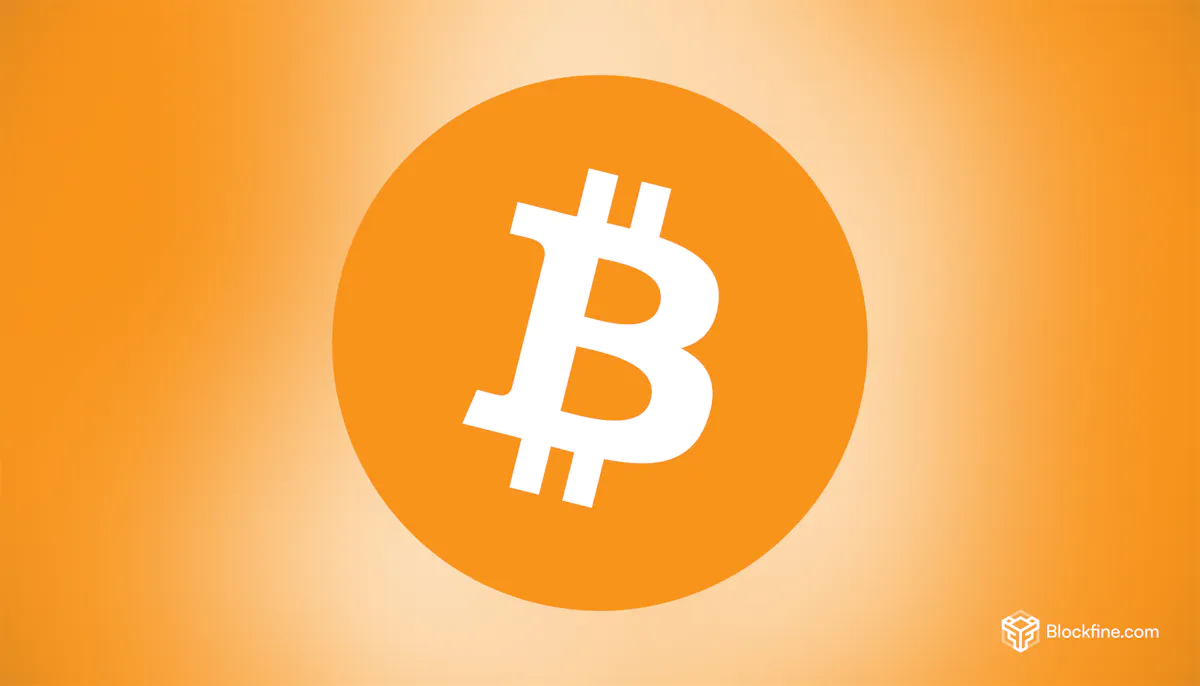Bitcoin (BTC) is the pioneering cryptocurrency that set the foundation for the entire digital currency industry. Created in 2009 by an anonymous figure known as Satoshi Nakamoto, Bitcoin was the first successful implementation of a decentralized, peer-to-peer electronic cash system. This article will provide a detailed overview of Bitcoin, covering its key features, development history, tokenomics, roadmap, and future prospects.
What is Bitcoin?
Bitcoin is a decentralized digital currency that operates without a central authority, such as a government or financial institution. Transactions are verified by network nodes through cryptography and recorded on a public ledger known as the blockchain. Bitcoin’s primary purpose is to enable peer-to-peer transactions without intermediaries, allowing users to transfer value directly to one another over the internet.
Bitcoin is often compared to gold because it serves as a store of value, with its price influenced by supply and demand dynamics. Unlike traditional currencies, Bitcoin is not controlled by any central bank, making it immune to government interference and monetary policies. Instead, Bitcoin’s supply is capped at 21 million coins, a feature that contributes to its scarcity and long-term value proposition.
Key Features of Bitcoin
Decentralization
One of Bitcoin’s most defining features is its decentralized nature. The network operates on a global scale, with thousands of independent nodes maintaining and validating the blockchain. This decentralization ensures that no single entity can control or manipulate the network, providing a level of security and trust that is difficult to achieve in traditional financial systems.
Transparency and Security
Bitcoin transactions are recorded on a public ledger, making them transparent and traceable. The blockchain uses advanced cryptographic techniques to secure transactions, making it extremely difficult for malicious actors to alter records or steal funds. This high level of security is one of the key reasons why Bitcoin has become a trusted medium of exchange and store of value.
Limited Supply
Bitcoin’s supply is capped at 21 million coins, a feature embedded in its protocol. This limited supply ensures that Bitcoin cannot suffer from inflationary pressures like traditional fiat currencies, where central banks can print money at will. The scarcity of Bitcoin is further reinforced by the “halving” events, which occur approximately every four years, reducing the reward for mining new blocks by half.
Peer-to-Peer Transactions
Bitcoin allows users to transfer value directly to one another without the need for intermediaries, such as banks or payment processors. This peer-to-peer model reduces transaction fees and processing times, especially for cross-border payments, making Bitcoin an attractive option for global transactions.
Development Team of Bitcoin
The identity of Bitcoin’s creator, Satoshi Nakamoto, remains a mystery. Satoshi could be an individual or a group of developers, but their true identity has never been confirmed. Satoshi was actively involved in the development and early promotion of Bitcoin until 2010, when they handed over control of the Bitcoin repository and network alert key to other members of the Bitcoin community.
Since then, Bitcoin’s development has been carried out by a decentralized group of developers and contributors worldwide. The open-source nature of Bitcoin allows anyone to contribute to its development, ensuring that the network continues to evolve and adapt to new challenges.
Tokenomics of Bitcoin
Bitcoin operates on a deflationary economic model, with a fixed supply of 21 million coins. As of 2023, over 90% of the total supply has been mined, with the remaining coins expected to be mined over the next century. The rate at which new bitcoins are created is controlled by the halving process, which reduces the block reward by 50% approximately every four years.
Bitcoin’s tokenomics are designed to encourage scarcity and long-term value appreciation. The fixed supply and decreasing issuance rate make Bitcoin a deflationary asset, in contrast to fiat currencies, which can suffer from inflation due to unlimited money printing.
Roadmap
Bitcoin’s development roadmap focuses on improving scalability, security, and usability. Key upgrades include the implementation of the Lightning Network, a second-layer solution designed to increase transaction throughput and reduce fees. The Lightning Network allows users to conduct off-chain transactions, which are later settled on the main Bitcoin blockchain, making it more suitable for everyday use.
Future upgrades may also include improvements to Bitcoin’s privacy features, enhanced smart contract functionality, and continued efforts to make the network more energy-efficient.
The Future of Bitcoin
Bitcoin’s future looks promising as it continues to gain mainstream adoption. Institutional investors, corporations, and even governments are increasingly recognizing Bitcoin’s potential as a store of value and a hedge against inflation. The growing acceptance of Bitcoin as a legitimate asset class is likely to drive further price appreciation and adoption.
However, Bitcoin also faces challenges, such as regulatory scrutiny, competition from other cryptocurrencies, and concerns about its environmental impact due to the energy-intensive mining process. Despite these challenges, Bitcoin’s resilient and adaptive nature suggests that it will continue to play a significant role in the global financial system.
Conclusion
Bitcoin has come a long way since its inception in 2009. As the first decentralized cryptocurrency, it has laid the groundwork for a new era of digital finance, offering an alternative to traditional financial systems. With its unique features, robust security, and growing adoption, Bitcoin is poised to remain a dominant force in the cryptocurrency space for years to come. Whether you’re an investor, a tech enthusiast, or simply curious about the future of money, understanding Bitcoin is essential to navigating the evolving landscape of digital currencies.
